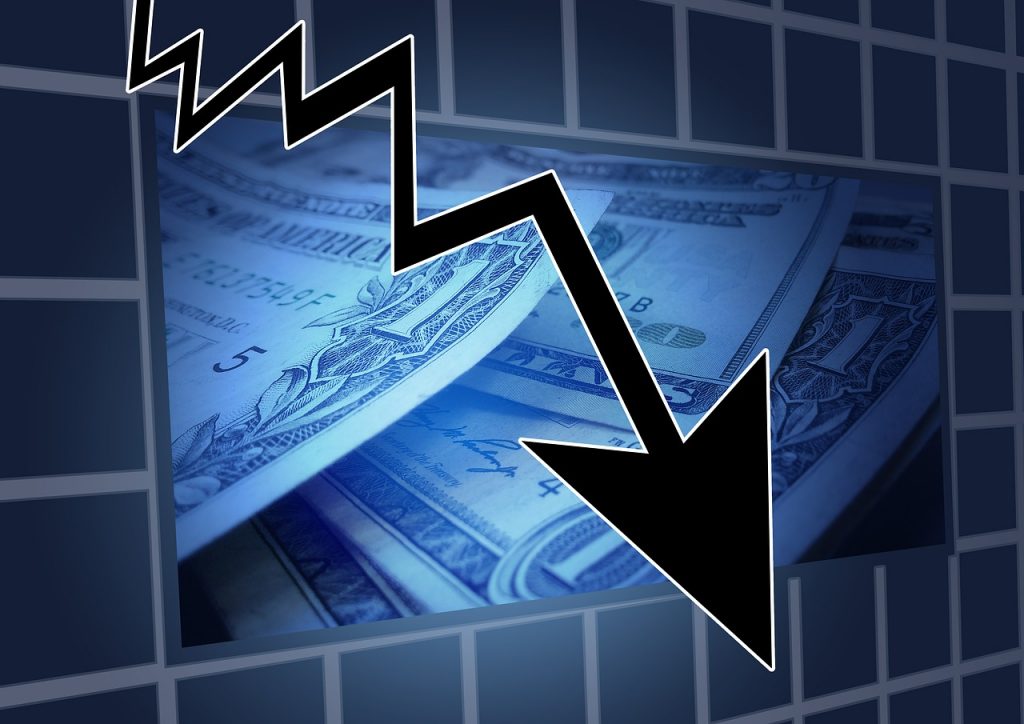The US Is Officially Headed Into A Recession?
Unfortunately, its looks at though the United States' economic fate has been sealed and a recession is officially headed our way.
This article is more than 2 years old

Recession fears have been steadily growing in recent months. Both economists and businesses have put a keen focus on every ebb and flow of the economy, as they seemingly wait for the final ball to drop that would send the US careening into a recessionary period. However, fear and speculation may have finally turned into inevitability.
Harvard University economics professor and Former IMF Chief Economist Ken Rogoff said he believes at this point it would be “almost impossible” for the Federal Reserve not to throw the economy into a recession. He attributed this largely to the tactics they are using to combat the current period of inflation that the United States is in. Rogoff believes that the Federal Reserve’s actions have been far too drastic to curtail entering into a recession.
In recent months the Federal Reserve has resorted to consistent and drastic rate hikes to cool the economy. While those rate hikes are seemingly beginning to take effect in some areas, like real estate, they have done little in the way of alleviating inflation in others. For instance, consumer spending has remained uncharacteristically high despite the overall higher costs. This is particularly evident in the number of people forking over exorbitant amounts of money just to travel. However, there has to be a tipping point, and Rogoff thinks that the Federal Reserve will end up taking it too far before it’s too late to stop a recession. Instead, Rogoff reasoned that the agency should take a much slower approach and let inflation take its course instead of trying to desperately gain control of it. “I think personally they should take it easy and let inflation stay high a few years and go slow,” asserted Rogoff.
Whether or not the Federal Reserve will ultimately pivot its inflation-combatting tactics to still try and circumnavigate starting a recession is unknown. That being said, looking at the circumstances it is easy to discern why the Federal Reserve may be having trouble contending with them. This is because this current period of inflation is unlike any other in recorded history. And that is because it is being fueled by a unique set of factors. First, consumer resiliency is higher due to years of pandemic-induced restrictions being placed on society. Money has become an inconsequential casualty for many eager to return to some sense of normalcy, thus increased costs and rising interesting rates have not been significant enough deterrents.
Second, prices are also being kept elevated because supplies in many industries have not yet recovered enough to meet demand. And lastly, the unforeseen geopolitical conflict overseas is creating its own subset of inflation-powering caveats. Hence, because the circumstances are unique to the time they were born out of, the Federal Reserve’s historically effective inflation-combatting recession-preventing tactics have had only marginal effects at best. Overall, while compounded circumstances are making a recession look ever more imminent, only time will serve to show whether or not one will ultimately end up occurring.



